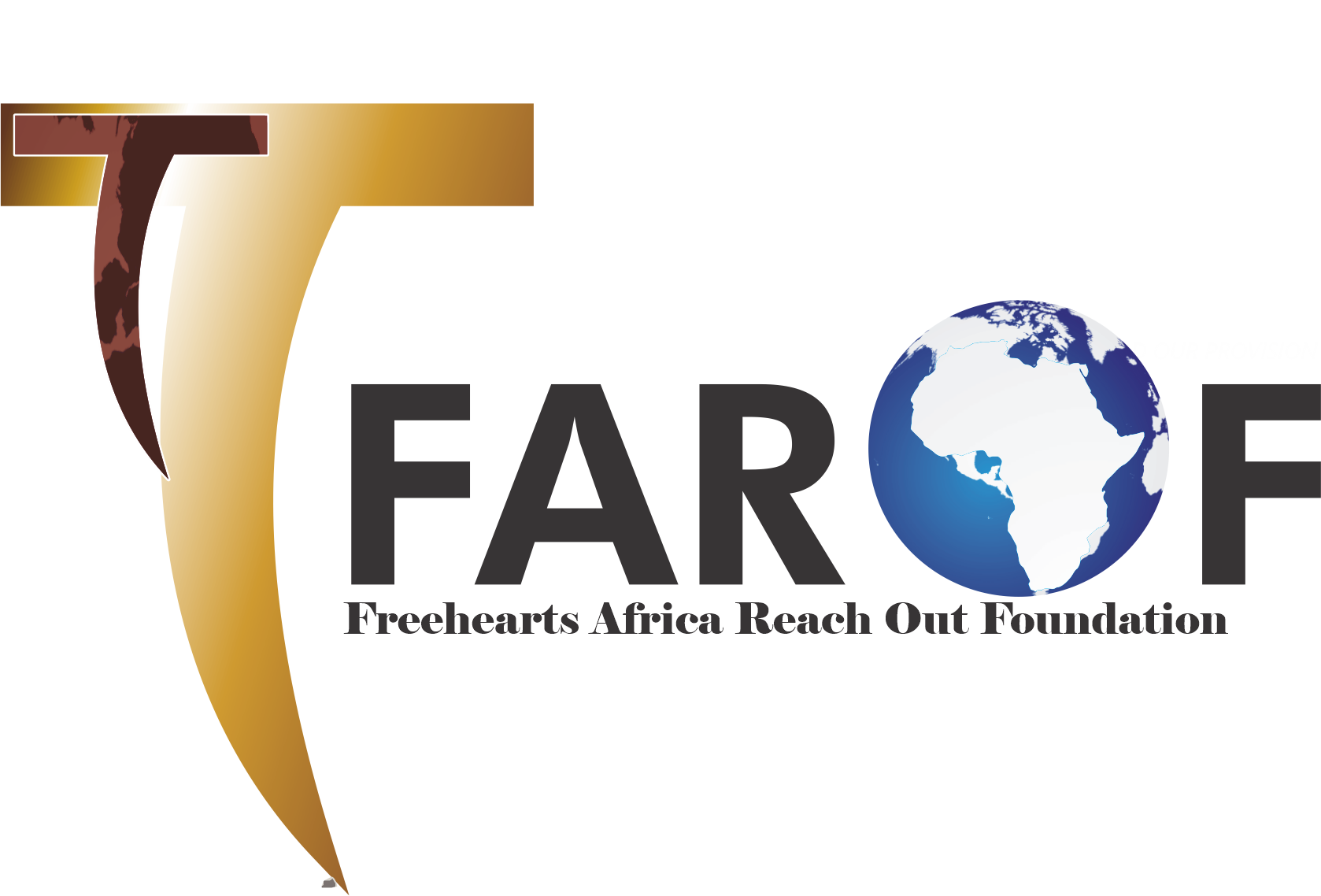Girl Child Education
Reaching The Girl Child/Adolescent Girls With Quality Basic Education
Dont Lose Hope... Don't Give In. You Can Do It
School Movement To Promote Girl Child Amongst Peers (Why Is Girl Child Education Key?)
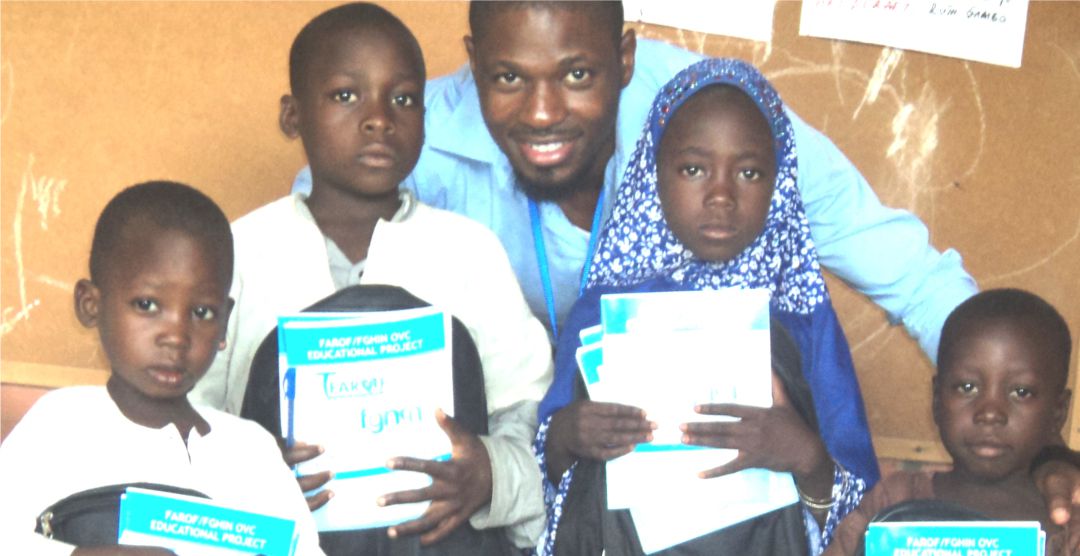
Education is an important tool to improve the status of women and has been recognized as the fundamental strategy for development. No sustainable development is possible if women remain uneducated and discriminated. Improving and widening access to basic education for the girl child accelerates social and economic advancement. Investing in girl education enhance economic productivity and growth and there is no investment more effective for achieving development goals than educating the girl child. In addition, educating the girl child enables them to access a variety of opportunities, while rendering them less vulnerable to HIV/AIDS, abuse and exploitation.
The Project
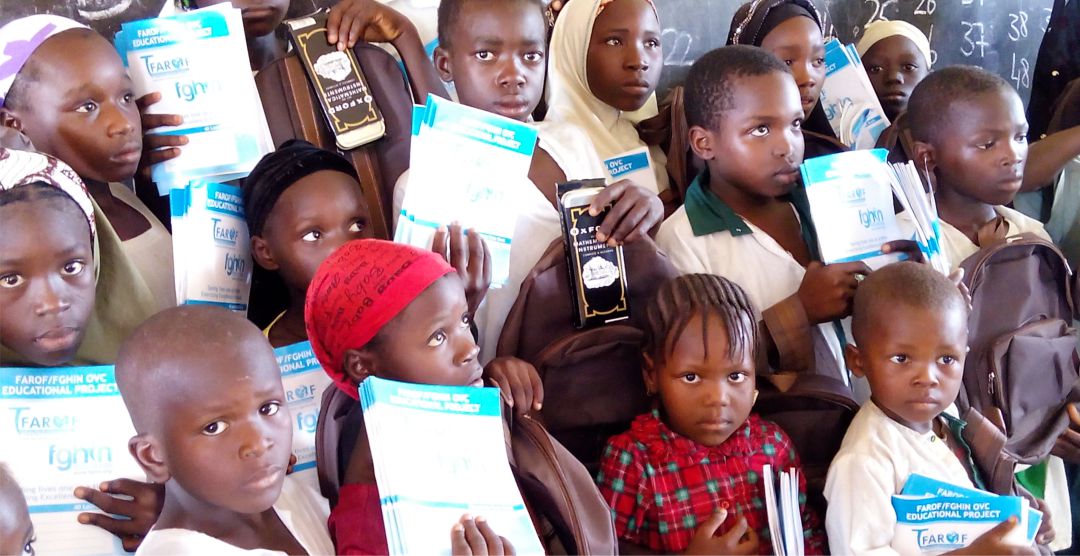
Target Group
The project is focus on Children between age 5 and 15 years old, 30% of boys were included as project beneficiaries
Objectives
The project is a sustainable capacity-building project tailored to use evidenced based learning activities and delivery models. it aims to achieve the following:
- Improve the learning outcomes of 200 out-of-school girls (OSGs).
- Establish girls/young women clubs across the four project states for peer-to-peer leaning.
- Provide scholarships for 50 marginalised girls to enable them return to school or successfully pass their school leaving examinations – WAEC (West Africa Examination Council) and NECO (National Examinations Council) in , Kaduna and Lagos state.
- Provide financial literacy and life skills training to 55 care givers
- Provide Strategic Behaviour Change Communication (SBCC) to the gatekeepers (parents, husbands, community/religious leaders) in raising awareness to promote girls education and economic empowerment.
Key Achievement By Team
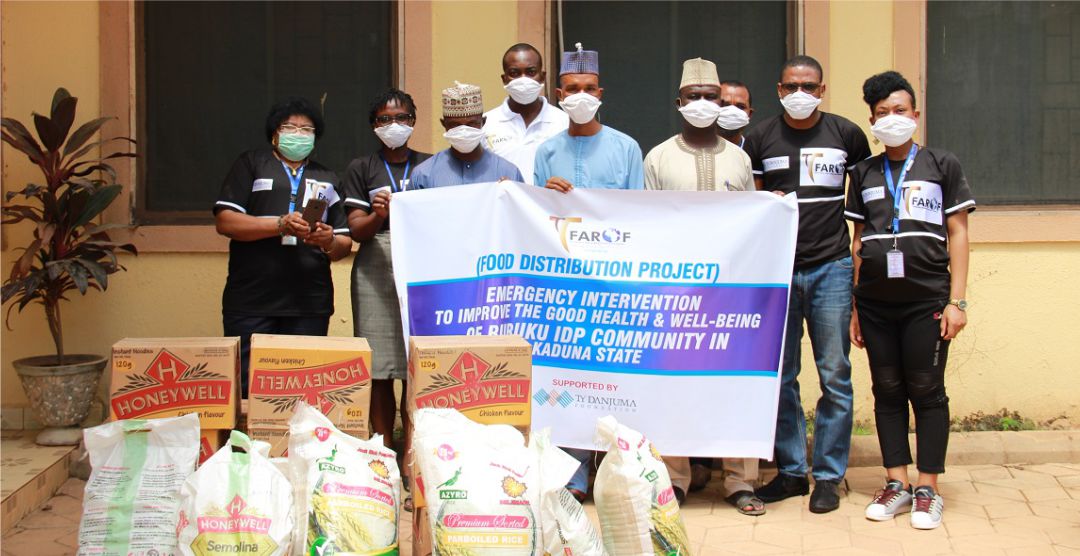
Some of the key achievements recorded on the project in 2017 include:
- Improved the learning outcomes in literacy and numeracy of marginalised out of school girls within a supportive environment.
- Supported the transition of marginalised out of school girls to the next phase of education.
- Enrolled out 75 out of school girls into school from non formal to formal setting
- Establish Girls/Young women clubs across Project States.
- Provided scholarships for 25 OSGs to enable them return to school and successfully pass their school leaving examinations – WAEC (West Africa Examination Council) and NECO (National Examinations Council).
- Deployed Financial literacy and life skills training to care givers.
Impact Of Education
Improving the quality and coverage of education, especially for girls, is key to Nigeria’s economic development. Despite the continuous effort to improve the quality of education and increase its relevance, gender gaps in education still exist.
Girl’s access to basic education in the northern states has remained low. As few as 20% of women are literate and have attended school. Male enrolment is more than girls in all levels of education. Out of the primary schools enrolment indicated an imbalance ratio as only of, in Kaduna State, 41% were girl- child and many ended up not going for secondary education. In all parts of the state girls lag behind boys in access to education and adequate attention has to be given in order to address this problem.
The Universal Basic Education scheme adopted by the Federal Government of Nigeria provides for a nine year continuous basic education comprising six years of Primary education and three years of Junior Secondary education. This nine-year cycle is free and compulsory for all children. However, as at 2006, only 22 per cent of the over 10.5 million eligible children between 12 and 14 years of age were enrolled in Junior Secondary Schools. Over the last 10 years, the enrolment ratio improved only marginally.
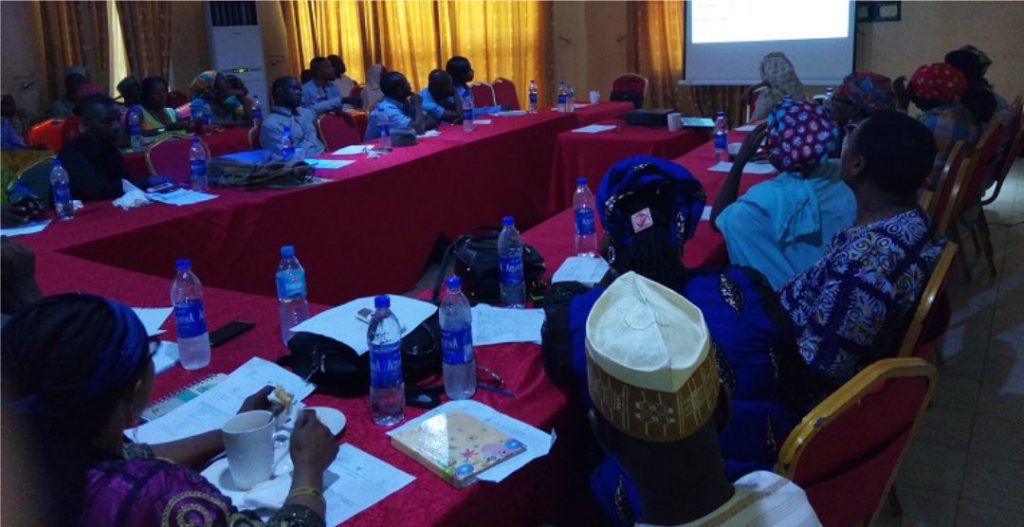
Sustainability Workshop
Promoting girl Child Education in Borno State Nigeria.
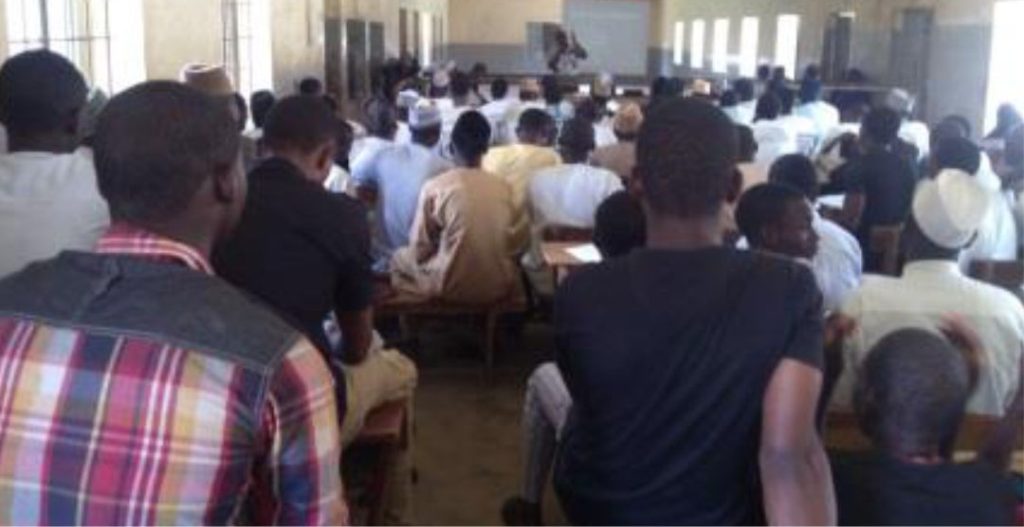
Promoting Education
Gombe State, Nigeria.
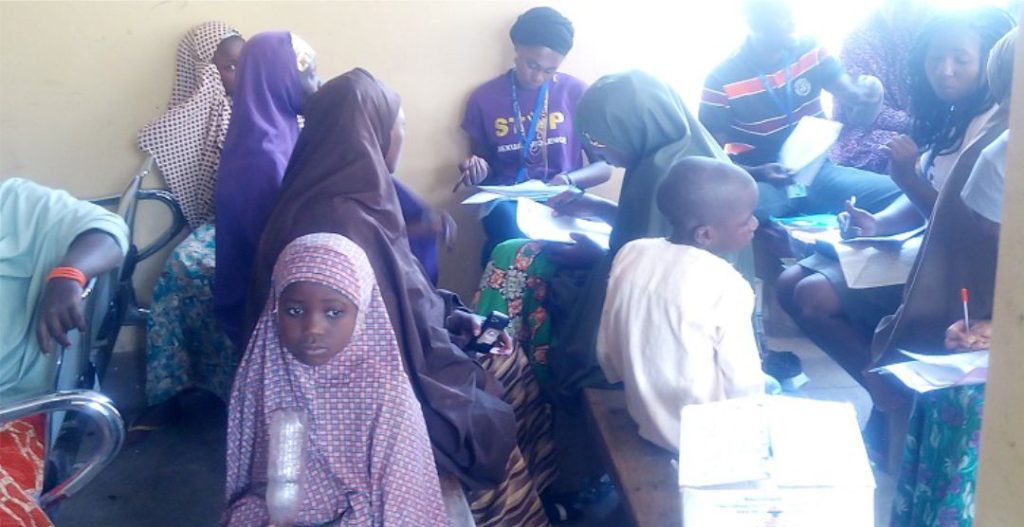
Educational Need Assessment
Community need assessment
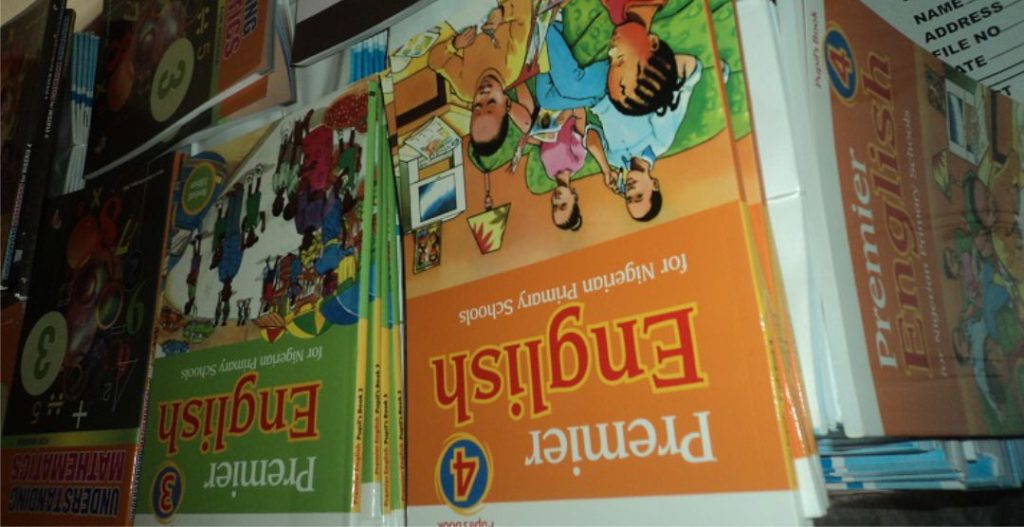
Minimum Educational package of instructional materials/supplies
Distributed to primary schools in Birnin Gwari LGA, Kaduna State.
Girl-Child Education
Enrolling The Girl Child Back Into School
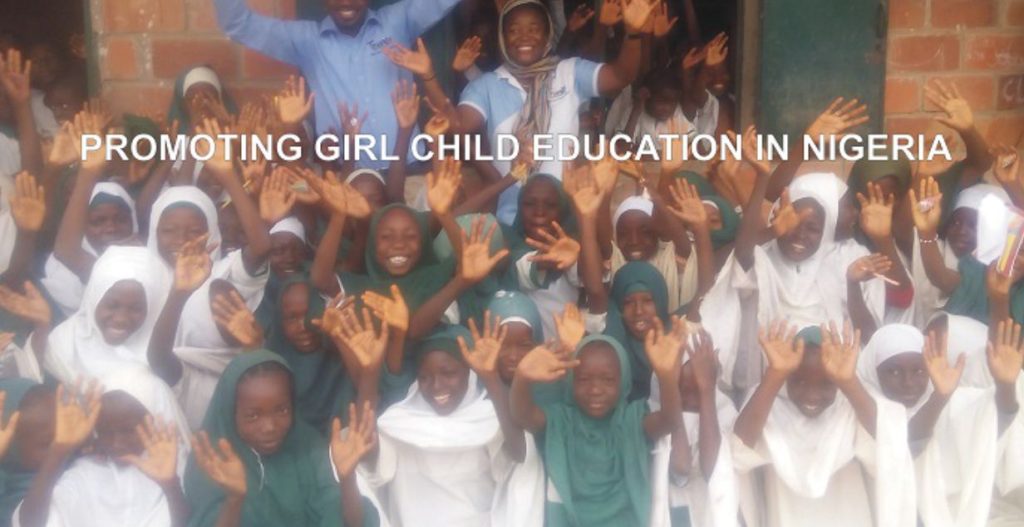
Women in Nigeria have had various challenges in order to obtain equal education in all forms of formal and non formal education in Nigeria. FAROF educational intervention is being implemented in north east of Nigeria, enrolling out of school girls back into schools and providing of educational support for both in school and out of school girls.
Every Girl-Child Counts,Lets Promote Girls Education
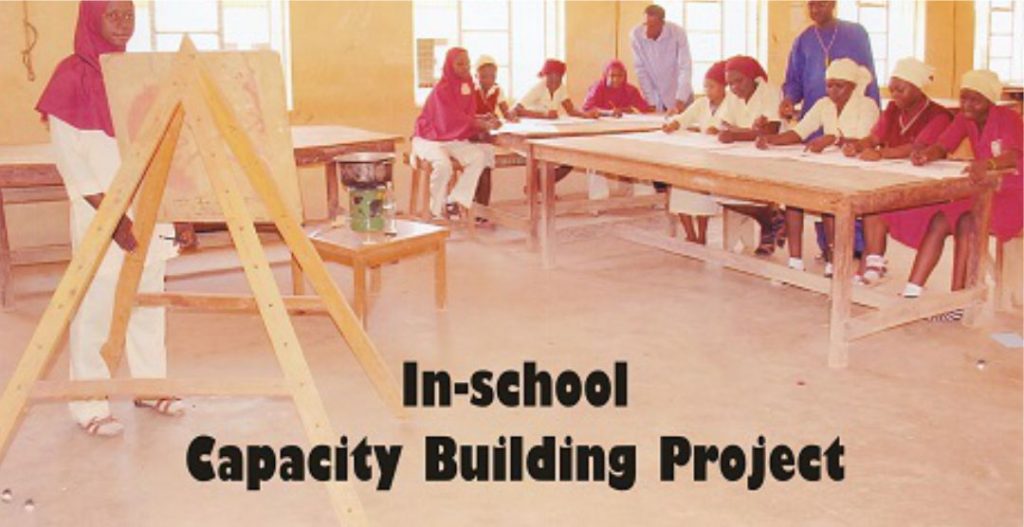
Our Activities:
- Class rooms Renovation
- Reconstruction of Sanitary system in schools for girls
- Established girl child club
- Advocacy to international funders to key into project
- Capacity building programs for caregivers of girls children, such as parenting skills
- Campaign against early marriage for girl-child.
- Enrolment of children into school and equip them with educational materials

